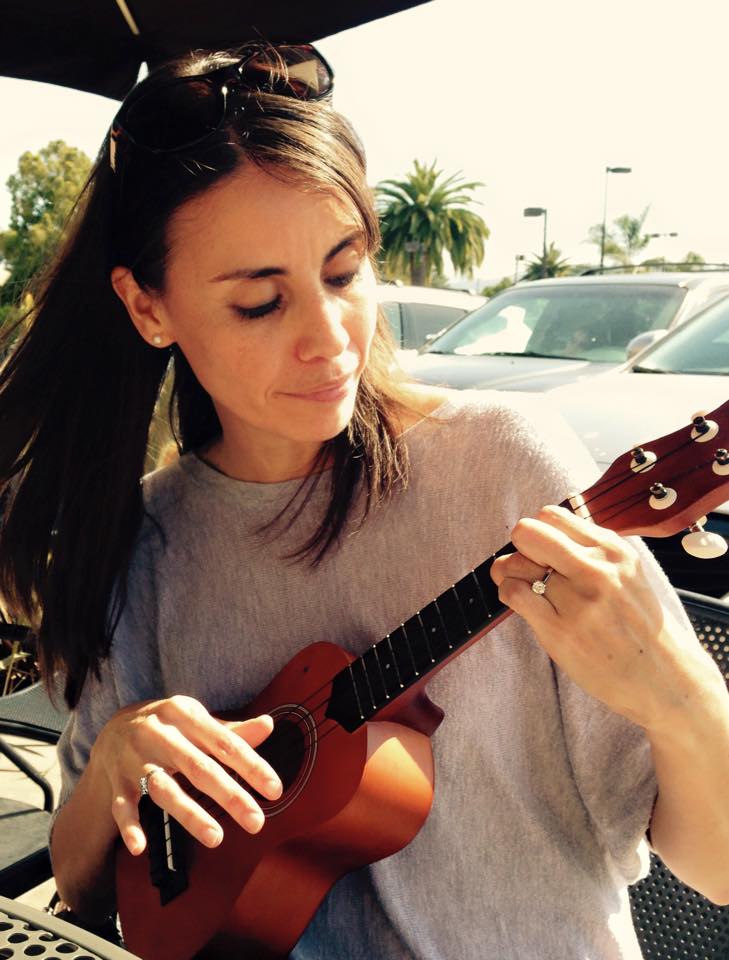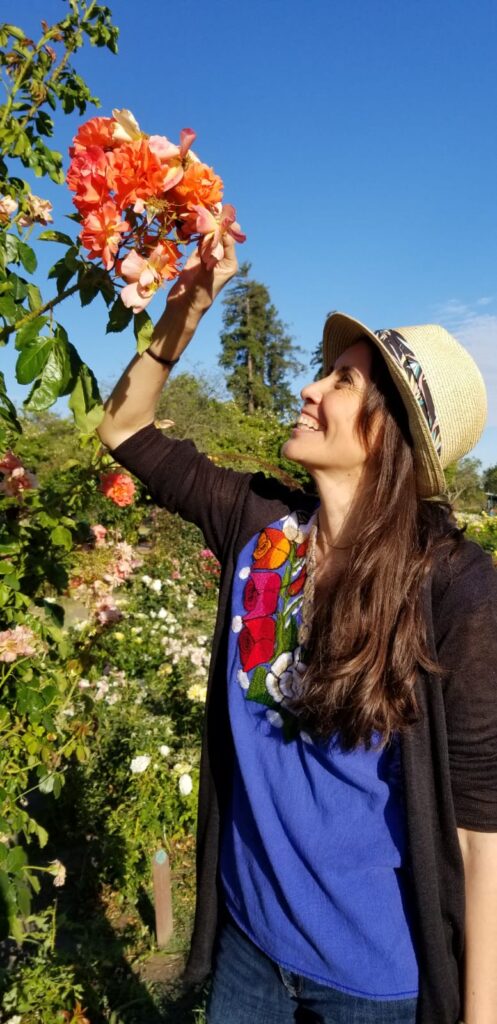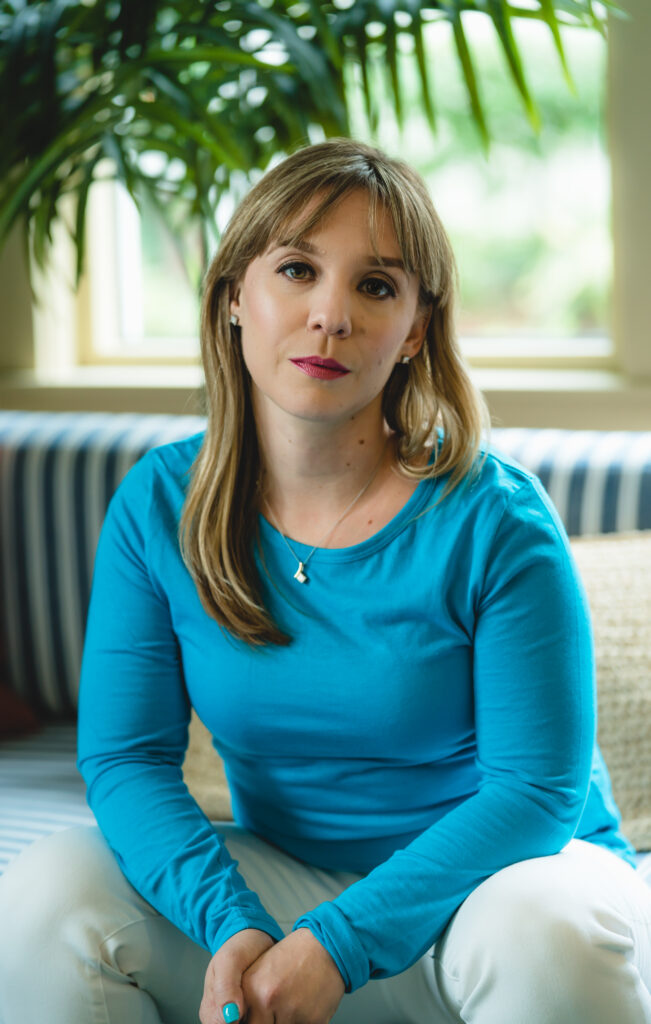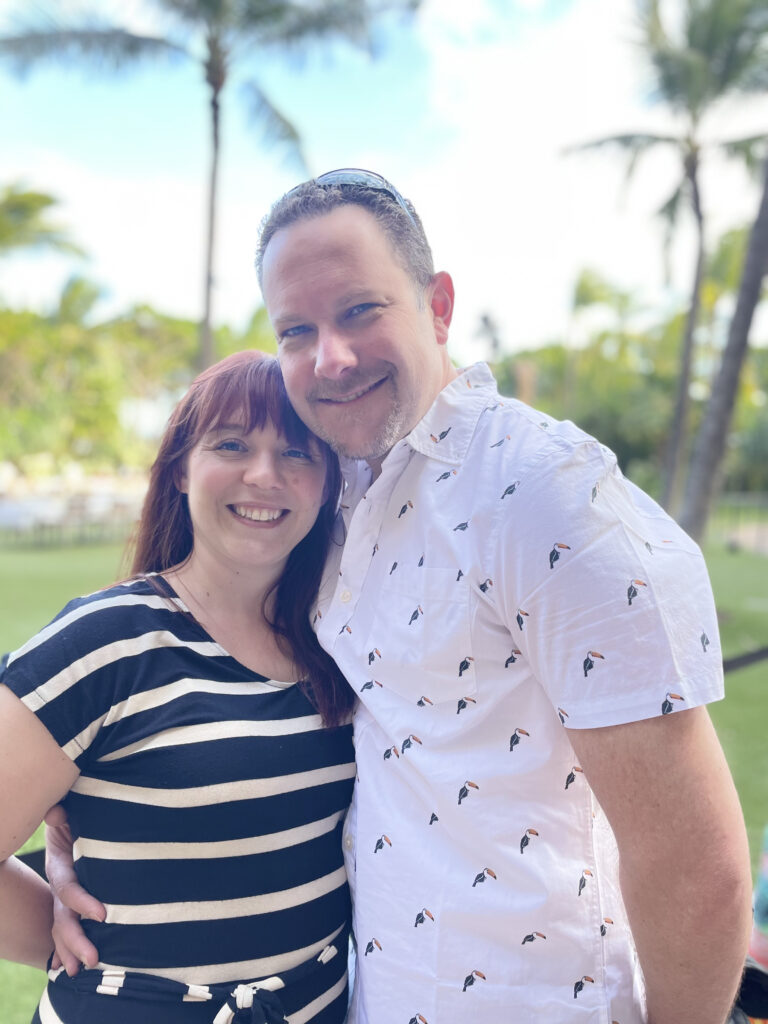
Gilma Pereda, Cervical Cancer Patient
“You have a metastasis.”
These are the words that every cancer survivor fears – not only because they mean the cancer is back, but because it has spread to other parts of the body, which has the potential to make treatment a highly complex endeavor.
I was a couple of months shy of the 5-year mark of living cancer free when I received the scary news. And because life is funny that way, it happened right on Halloween, my favorite holiday. Since I received instructions to go to the hospital immediately for an emergency neck neurosurgery, I donned a realistic “ER Patient” costume that day, a neck brace and all.
How did I get there, you might ask? I went to all my 3-month, 6-month, and 12-month checkups. I followed all the post-treatment instructions carefully, from quitting alcohol and sugar to using the dilator mostly every night. I exercised regularly and practiced meditation. My last pap in October 2020 was clear.
It all started with acute pain in my right shoulder, which I thought was work-related tendinitis (I’m a graphic designer, and I use a graphic tablet daily). The pain traveled to my back, neck, and left shoulder – it felt like my joints were on fire. I started having high fevers and chills and woke up every night drenched in sweat.
I went to see my primary doctor, who diagnosed pneumonia. I finished the 10-day antibiotic treatment, but the pain continued. He then ordered special labs and scans. The inflammation markers were up high, and the scans revealed a large mass in the right lung. A more specialized CT scan showed many lytic lesions (bone cancer) all over my body, the more significant ones in a couple of cervicals, right next to the spinal cord. The delicate nature of those lesions was what prompted the surgery.

A lot happened after my Halloween adventure: I had a lung biopsy, a blood transfusion (due to dangerously low hemoglobin levels), and a few nightly trips to the ER that introduced me to opioids and the glory of morphine shots. But that way of dealing with physical pain destroyed my gastrointestinal system, so I ended up in the hospital for what felt like an eternity. Once there, I was on suicidal watch for a few days. But after my first chemo treatment, my oncologist was hopeful – my age qualified me to get a new treatment after chemo. Moreover, there was a good possibility that I could get into remission in a couple of years.
The doctors sent the lung biopsy to quite a few places for research. The results indicated it was cervical cancer. Again. I must confess I found it amusing that I had cervical cancer in my cervicals.
The journey has not been easy. The first thing I did when I was able to get out of my head was to contact a few of my Cervivor sisters. I’ve received greeting cards, care packages, soft hoodies and beanies that I wear all the time (Monterey is chilly!), and loving support, even from sisters who don’t even know me! I’m forever grateful to this wonderful community of strong women who encourage me to keep going.
I’m not officially cancer free yet, but I no longer experience the excruciating pain that comes with bone cancer. After eight rounds of chemo, most of my lesions are getting healed, and the lung tumor is shrinking significantly. As a result, I went from being bedridden to walking with a cane to going on light hikes and walks. I love my new eyelashes, eyebrows, and pixie haircut. In addition, I’m receiving immunotherapy every three weeks, so I now have the energy to go back to school, keep up with my work as a freelance designer, and enjoy quality time with my family and friends.
As October is officially here, I’m starting to plan my Halloween costume. This year I refuse to wear a scary one – I want something inspiring and hopeful. Maybe I could be a “Cervivor Advocate.” It’s payback time.
Gilma Pereda is a metastatic and recurrent cervical cancer patient located in sunny California. She is a graphic designer and translator who wants to lend her skills to a good cause – an effort to educate women and men about HPV and what they can do to prevent it, to promote vaccines for children, and to motivate women that are living with cancer today to feel empowered.



